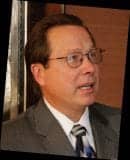The “80/80 rule” for tinnitus posits that roughly 80% of people with hearing loss have tinnitus and about 80% of people with tinnitus have hearing loss. In spite of the many tinnitus sufferers, very few consumers know that hearing aids are the most effective treatment.
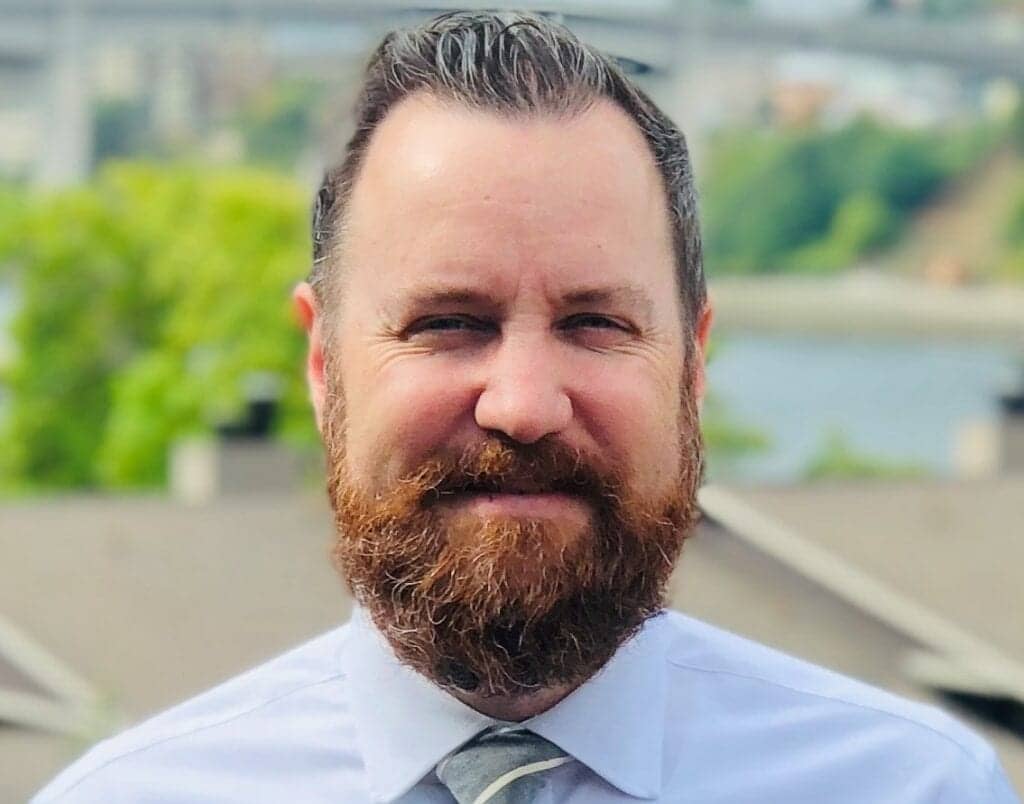
Even among other healthcare professionals, the level of tinnitus awareness can be surprisingly low. For example, when Dustin Spillman, AuD, CH-TM, owner of Audiologists Northwest, Bremerton, Wash, began offering tinnitus management services, he started by educating local family practice physicians and otolaryngologists in the area.
“We scheduled one-on-one time with as many providers as possible and shared information concerning the management of bothersome tinnitus,” says Dr Spillman, who also serves as vice president of the Washington State Academy of Audiology. “So many of the physicians I met with were unaware of any substantial tinnitus treatment options for their patients. This dialogue opened the door for a stream of referrals in the area, and it really spoke to the power of education in finding new referral sources.”
Most of Spillman’s tinnitus patients have seen an otolaryngologist before arriving in his office, and most tell the same story. “They say, ‘My doctor told me my tinnitus could not be treated and that I have to learn to live with it,’” Spillman reveals. “This is a falsehood. Although there is no scientifically proven cure for tinnitus, there are several effective treatment options, with the primary focus on reducing the overall perception of the tinnitus.”
Spreading the word about tinnitus care throughout the community can help hearing care professionals (HCPs) stand out from the crowd while developing a busy niche. Often associated with loud rock concerts and musicians, tinnitus can also develop from less obvious sources such as industrial job sites.
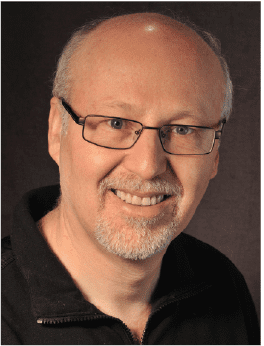
“Industrial noise does not have to be anything too loud to be harmful,” says Marshall Chasin, AuD, owner of Musicians’ Clinics of Canada, Toronto. “We know that exposure to anything over 85 dB will eventually ruin your hearing. What we get typically with noise exposure from factories is similar to the top end of the piano keyboard, that’s where people tend to lose their hearing and/or develop tinnitus.”
Just as with treatment for hearing loss, the hearing aid products (including specialized tinnitus masking programs), sound therapy devices, Bluetooth streaming to nature sound/meditation, and tinnitus apps can be paid for via digital patient financing solutions such as those offered by Ally Lending. Professionals who specialize in setting up lending options can work directly with hearing care professionals to promote various channels such as websites or integrative campaigns that focus on ways to pay for tinnitus treatments.
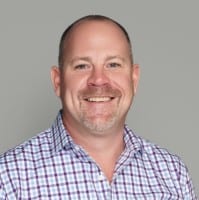
“We’ve integrated welcome kits, brochures, and display pieces with our provider portal,” says Chris Klemick, head of Enterprise Healthcare Sales at Ally Lending. “Audiologists are also able to fulfill and manage promotions on their own through our portal as well. We provide snippets that they can post on their website, along with guidelines related to the necessary terms and disclosures that need to be displayed along with the content.”
Partnerships between lenders and audiologists can ensure that proper information is relayed to consumers with specific loan possibilities, such as no-interest products or low interest loans that can work over one to five years. “Successful audiologists understand how to position patient financing as the ability to move forward with quality of life,” Klemick says. “Part of that quality-of-life proposition is being able to hear better and, in some cases, reduce or eliminate the effects of tinnitus.”
Daniel Ostergren, AuD, Audiology Group of Northern Colorado, stresses quality of life with patients at his practice in Fort Collins, Colo. As a “concierge” operation, Dr Ostergren includes tinnitus consultation as a part of most assessments. Whether it’s hearing aids or tinnitus-related accessories, cost transparency, and multiple options help him to provide top-notch service.
Related article: All About Options: Concierge, House Calls, and Financing
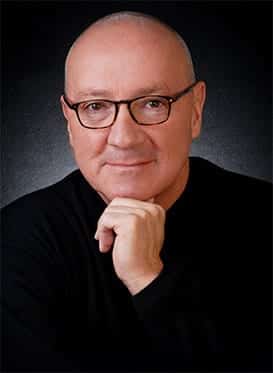
“We need to have options because we are a direct pay practice,” Ostergren explains. “We are not doing much managed care. We have to be creative in how we do the money part. I am looking at the easy approval system for people who may not have the greatest credit. There are also one-year-same-as-cash arrangements, plus straight-up financing for purchase.”
Ostergren’s brand is “all about the relationship” with patients. “We look at everything as a long-term relationship,” he adds. “That’s where financial options help us and the patient. We want patients to understand hearing at a deep level. When that happens, the cost part of the equation is less of a topic. It’s the consumer good/commodity model versus the medical/hearing healthcare model. We are not a commodity model. You can’t be successful in any direction unless patients are valuing their hearing. That is fundamental.”





